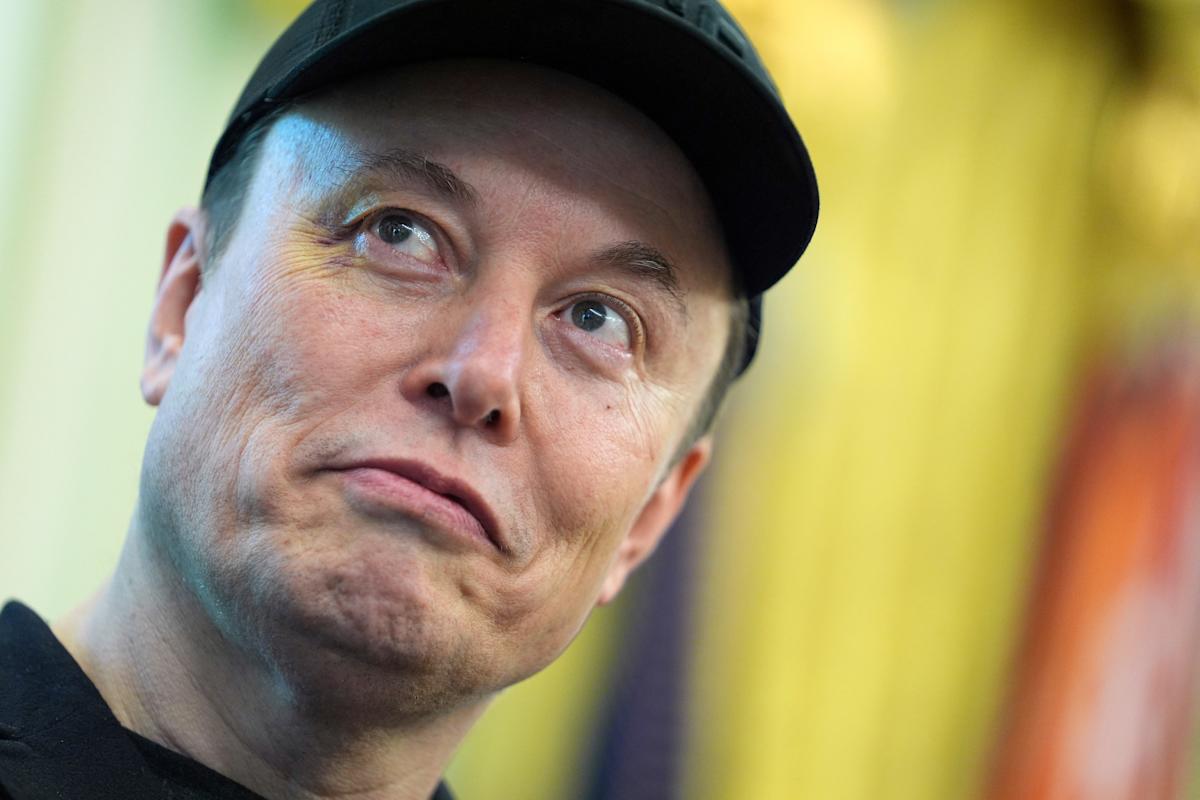Elon Musk’s feud with President Trump is first-rate tabloid fare. Musk’s money versus Trump’s power is a celebrity smackdown you could sell tickets to.
But there’s substance behind the salacity. Musk’s principal beef with Trump is on policy. Trump is steering a giant tax bill through Congress that will cut taxes for the wealthy, reduce food and medical benefits for the poor, roll back green energy investments, subsidize fossil fuels, and add at least $4 trillion to the national debt. Musk calls the bill “insane” and is so vexed he’s vowing to fund a new political party if the Republicans who control Congress pass the legislation.
The bill is insane, or at least parts of it are. Congress has to do something about tax cuts that expire at the end of this year, threatening a de facto tax hike on millions of Americans. A sensible approach would be to extend tax cuts for middle- and working-class Americans. Top earners didn’t need the tax cut when Trump first signed it into law in 2017, and they don’t need it now. It’s also time for Congress to stop racking up endless amounts of debt and shrink the giant gap between federal spending and revenue.
The Republican tax bill pretends there is no debt problem, like a spending addict who can’t stop opening new credit card accounts. It enshrines culture war ideology while ignoring the green energy technology race, a key battle between China and the United States. It also literally takes from the poor to give to the rich, setting up Republicans for a possible midterm election drubbing in 2026 that could be worse than the pounding they took in 2018, when Democrats picked up 41 seats in the House of Representatives and took control of the chamber.
Drop Rick Newman a note, take his weekly economy quiz, or sign up for his newsletter.
While protesting its cost, the multibillionaire Tesla CEO also said on social media that the bill “will destroy millions of jobs in America and cause immense strategic harm to our country. It gives handouts to industries of the past while severely damaging industries of the future.”
Musk is talking about the bill’s energy provisions. There are two versions of the overall bill: one the House passed in May and one the Senate passed on July 1. The two chambers must now agree on a single version that both houses can vote on. Arcane congressional procedures make it more likely the Senate version will prevail.
The Senate package repeals several hundred billion dollars’ worth of tax credits for renewable energy that Congress passed in 2022, when Democrats controlled the House and Senate. Green energy is the industry of the future that Musk is talking about. The Senate bill also includes provisions favorable to the coal, oil, and natural gas industries, which are Musk’s industries of the past.
Story Continues
